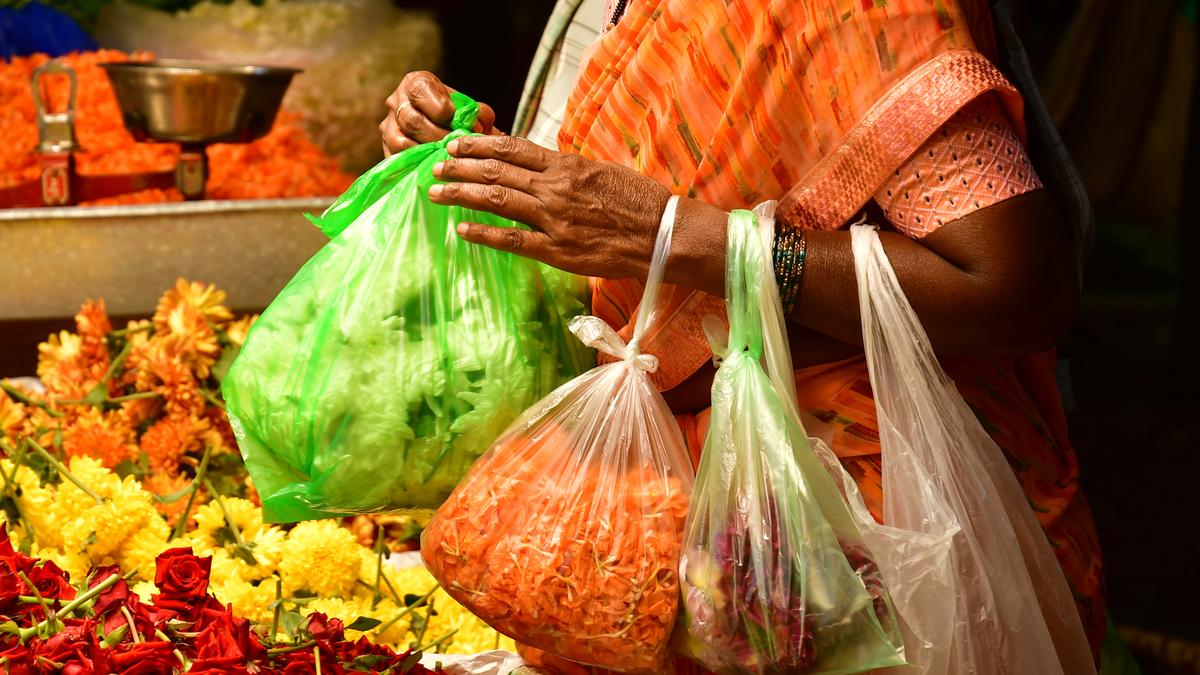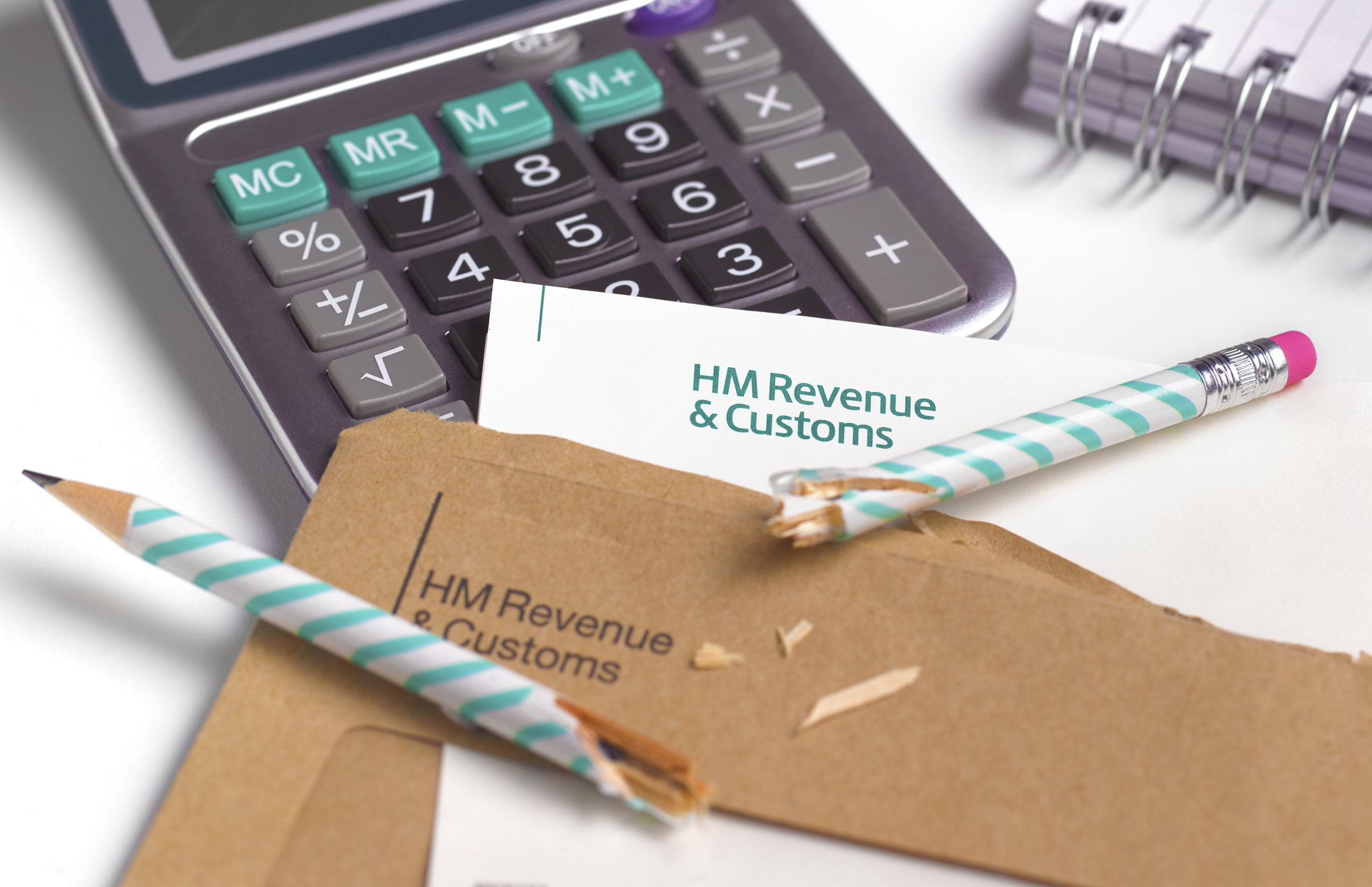By Chetan B.c
Copyright thehindu

On the streets of Bengaluru, single-use plastic (SUP) is everywhere. Fruit vendors hand over items in plastic bags, roadside tea stalls serve piping hot beverages in disposable cups, and even canteens rely on plastic cutlery. Despite a ban that has been in place for years, these banned plastics continue to dominate daily life. Like other States in India, Karnataka is struggling with the SUP menace, fuelled both by civic indifference and the lucrative profits for industries producing it.
Environmental activists blame civic bodies and the Pollution Control Board for a lack of enforcement, even though Karnataka was the first State in India to pass a law against the use of plastic. In 2016, the Forest, Ecology, and Environment Secretariat imposed a ban on the manufacture, supply, sale, and use of SUP under the Environment (Protection) Act, 1986. Five years later, the Union Ministry followed with a blanket ban. Items such as carry bags, banners, flex, flags, cutlery, cling films, thermocol, balloons, invitation cards, straws, and PVC banners were prohibited. Yet, these items remain in everyday use.
According to the United Nations, 2,000 garbage trucks’ worth of plastic ends up in oceans, rivers, and lakes every day. Globally, 19–23 million tonnes of plastic leak into aquatic ecosystems annually.
Karnataka produces an average of 3.6 lakh tonnes of plastic waste each year, about 1,000 tonnes daily, according to the State Pollution Control Board (KSPCB). Between 2021 and 2024, annual production ranged from 3.45 lakh tonnes to over 5.28 lakh tonnes. Yet, only 30% of this waste reaches processing and recycling units, according to a senior KSPCB officer. In Bengaluru alone, out of 500 tonnes of SUP used daily, just 200 tonnes are processed, and the rest either reach landfills or break down into microplastics.
Hazards of SUPs
A 2021 study published in Environment International revealed, for the first time, the presence of microplastics in human placenta, highlighting the infiltrating strength of plastic.
Meenakshi Bharath, a Bengaluru-based gynaecologist and environmental activist, stressed the health risks posed by SUPs. “Often, people pour or store hot food in a plastic bag or box, which leads to microplastics mixing with the food and ultimately reaching the human body. Microplastics deposit inside the body and cause a multitude of health complications, including hypothyroidism, inflammations, respiratory issues, and more,” she said.
She pointed out that plastics in landfills degrade into microplastics (particles smaller than 5 mm), which seep into soil and water, mix with plants and organisms, and eventually enter the human body when we consume greens.
A.N. Yellappa Reddy, former Forest Secretary and silviculturist, noted that plastic travels with wind and drains, eventually breaking down into smaller units. “When plastic reduces to microplastics, it affects microbial ecosystems and diminishes them. When such ecosystems are damaged, it negatively impacts larger ecosystems, destabilising environmental balance,” he explained.
Yellappa further said that urban cattle and other animals consume plastic, with deadly consequences, as nanoparticles pass through the bloodstream and deposit in cells and organs.
Shadow market
While the ban exists, plastic for packaging is permitted under strict guidelines through Extended Producer Responsibility (EPR). It mandates producers, importers, and brand owners (PIBOs) to register on a centralised EPR platform.
In Karnataka, there are 134 registered brand owners, 353 producers, and 785 importers. For all the waste produced by these registered agencies and illegal SUPs, there are only 129 registered companies to recycle their output. The installed capacity for processing plastic waste in Karnataka is 2.29 lakh tonnes per annum. However, most of these units do not operate at full capacity, and many remain shuttered.
A well-placed source in Bengaluru Solid Waste Management Ltd. (BSWML) said that under this cover, many industries continue to produce and import SUPs illegally.
“While there are a handful of registered industries, more than 300 illegal plastic-producing units are operating in Bengaluru. All they need is a 10×10 ft. space for a machine and 10 kWh to 20 kWh of power,” said Rajesh Babu, a city-based sustainable entrepreneur. “Even the raw materials and chemicals are easily available. So, a makeshift setup brings huge profits for people running such illegal SUP manufacturing units,” he added.
Virgin plastic granules, titanium dioxide, red oxide, colourants, calcium carbonate, and other chemicals are used to manufacture SUP.
Karee Gowda, CEO, Bengaluru Solid Waste Management Ltd., confirmed that some backdoor industries were found to be manufacturing SUP during their recent inspections. “Not just manufacturers; during our recent raids, we found importers bringing SUP from other States. There are distributors as well who deliver SUP,” Mr. Gowda said, hinting at a crack down on these networks.
A KSPCB source listed hotspots for such manufacturing units and dealers: Peenya Industrial Area, Dasarahalli, Kamakshipalya, J.C. Road, S.P. Road, and pockets of the Pete area in central Bengaluru. Further, some dealers imported stock from Gujarat and Tamil Nadu.
Ground challenges
To understand the situation, this reporter visited Kamakshipalya disguised as a bulk buyer and enquired around industrial pockets. After asking at six places, one dealer finally gave the address of a producer. When approached, the producer denied having any stock and claimed no dealers operated nearby.
M.G. Yateesh, Senior Environmental Officer at KSPCB, explained that this is the challenge they face when acting on tip-offs. “Even with the slightest suspicion, such dealers back off. They only sell to people within their trusted network,” he told The Hindu.
A BSWML source said that just two days before this reporter’s visit, they had raided the same location.
BSWML’s records corroborate the prevalence of illegal SUP. Between September 3 and 16, 5,581 establishments were raided, seizing 30,421 kg of plastic and collecting ₹62.57 lakh in fine.
Why are SUPs in demand?
Economics drives demand. Rajesh says producing 1 kg of SUP costs ₹50–₹80, while it sells at ₹300. Alternatives like cloth or cotton bags cost ₹2 per piece at production and ₹4–₹5 at sale. Retailers and wholesalers prefer SUP, as it’s cheaper and convenient.
A fruit seller in Jayanagar, requesting anonymity, explained, “For us, it’s about business and competition. Many people don’t bring their own bags, especially in the evenings while returning home from work, and demand one. If we refuse, they move on to another seller. It’s about customer convenience.”
When questioned, four out of seven people in the same market in Jayanagar either thought the ban on plastic had been lifted or were unaware of it.
V. Ramprasad, an expert in solid waste management, stresses that lack of enforcement has allowed SUP to flourish. “These agencies act only when they receive a tip-off. This menace is multi-layered, with stakeholders at every level,” he says.
Ban enforcement
Ramprasad’s concerns are reflected in enforcement data. Across Karnataka, KSPCB and municipal bodies inspected 1,65,964 establishments, seizing 1,012 metric tonnes of plastic in the last three years.
Although the numbers look substantial, enthusiasm for enforcement declined within a year after the Centre passed the law. Officials raided 1,25,661 establishments in 2022–2023, immediately after the ban. Raids dropped to 22,192 in 2023–2024 and further to 18,111 in 2024–2025.
However, M.G. Yateesh, Senior Environmental Officer at KSPCB, maintained that they actively act on tip-offs in addition to surprise checks.
Another KSPCB official noted that enforcement is particularly challenging in rural areas, which explains the fewer raids. “Usually, rural people carry bags, as the santhe (weekly market) system is still active. However, they rarely cooperate during raids,” he said. “There’s also a severe shortage of field staff. One person is doing the work of four,” he added.
Policy gaps
Nalini Shekar, co-founder of Hasiru Dala, said that proper segregation of solid waste would improve the amount of plastic reaching processing units, stressing the critical role of ragpickers.
Karee Gowda agreed that there is a lack of policy to complete the cycle of waste collection, segregation, and processing. This issue would be addressed, he noted.
Yellappa added that the absence of awareness drives contributes to continued SUP use. Civic bodies, he said, should conduct awareness campaigns, educate children, and strengthen existing laws by adding stricter punishments for offenders.
Meanwhile, after the formation of five new corporations in Bengaluru, the new commissioners have stressed regular inspections and drives against SUPs. BSWML has formed 27 teams under senior officers to conduct checks, with support from marshals.
It remains to be seen whether a new administrative set-up for Bengaluru can beat the challenge that its predecessors failed to.



